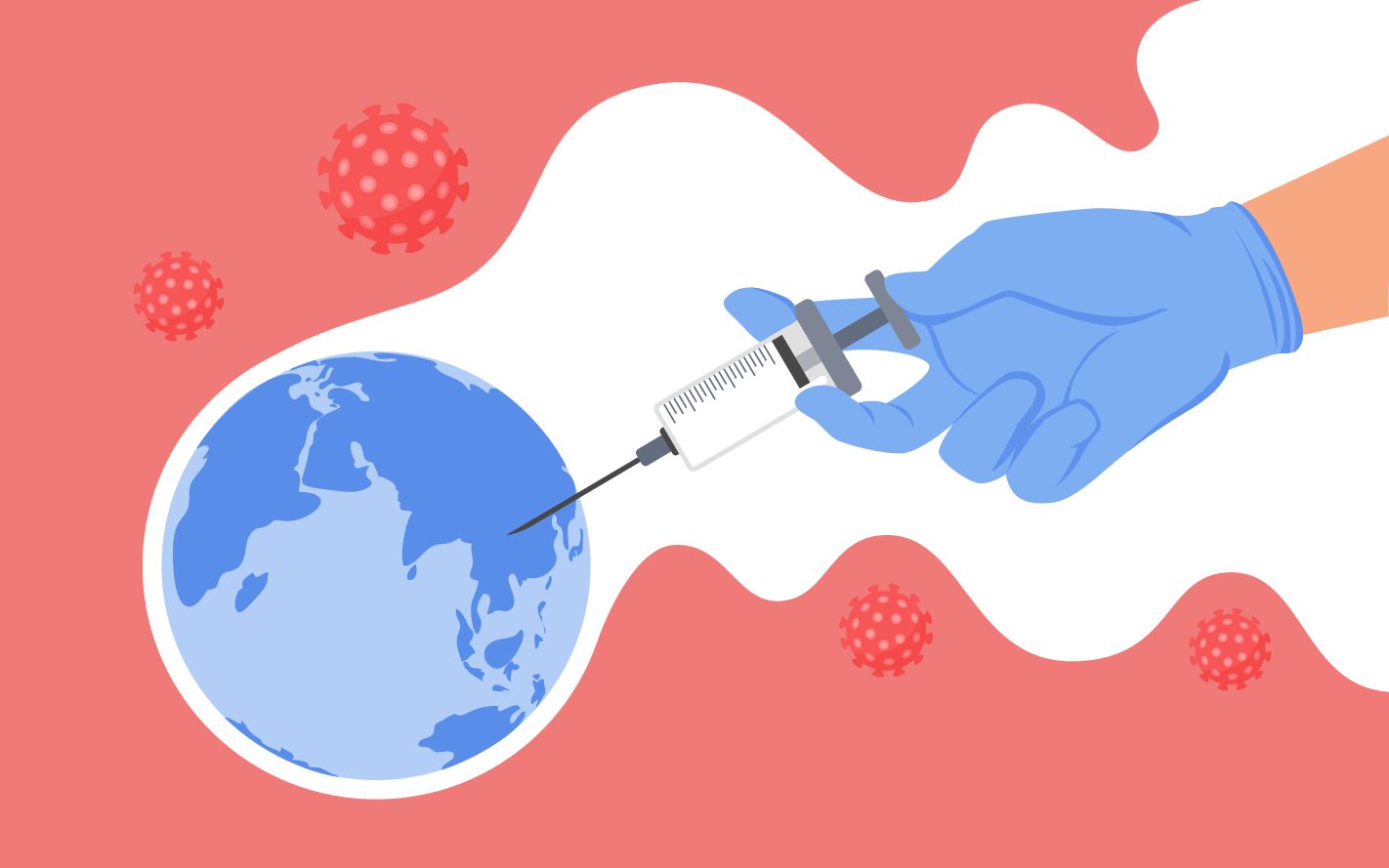April 6, 2022
Variations in international vaccines and vaccine schedules can cause confusion when trying to figure out who is “fully vaccinated” and “up-to-date”. We often get asked questions about how camps should manage international vaccines. Here are a few of them…feel free to let us know if you have others!
There are three vaccines available in the US. What if a camper or staff has been vaccinated with a different one?
The CDC recognizes the vaccines authorized for emergency use by the World Health Organization (WHO) as acceptable. The WHO approved vaccines includes the US FDA authorized/approved vaccines – Pfizer/BioNTech (Comirnaty®), Moderna (Spikevax®), and Janssen/Johnson&Johnson – in addition to others that many of us have not heard of! The detailed WHO website is here and the list of the ten approved vaccines is at the bottom of this email.
There are some vaccines, such as Sputnik, which have not been authorized by the WHO but are used in many Central and South American countries. These vaccines unfortunately are not recognized by the CDC cannot be included when determining vaccination in the status in the US.
Do other countries have the same eligibility criteria for vaccines as the United States?
Unfortunately, many other countries do not have the same eligibility criteria as the United States. For example, people under age 18 are not eligible for booster shots in most European countries. And those under age 12 aren’t eligible for any vaccines in the United Kingdom!
This means that camps will need to work with many of their international campers and staff to understand how their vaccination status applies to United States travel and public health laws.
I’m requiring that all campers and staff are up-to-date on their vaccines. What if they can’t get a vaccine or a booster in their country?
Being “up-to-date” with your vaccinations in the United States means that you have received your primary series (two vaccinations) if you are under age 12. For those above age 12 being up-to-date means completing the primary series and a booster (if eligible based on being 5 months after your primary series).
Being up-to-date means that you have the most protection possible against serious illness caused by COVID-19. According to CDC guidance, people who are up-to-date do not need to be quarantined if they are a close contact of someone who has COVID-19. The ability to not quarantine can be helpful for sustaining camp operations.
Campers and staff who are not considered up-to-date by the standards of the United States would need to quarantine for at least five days if they are exposed to someone with COVID-19, even if they have received all of the vaccines that they are eligible for in their home countries.
What can I do about this?
Camps can work with their local health departments and healthcare systems to get campers and staff booster doses if they are needed in order to get them up-to-date. Helpfully, people are considered to be up-to-date the instant they have gotten their booster dose– meaning there isn’t an additional two week waiting period like there is for the primary series.
Camps can also work to give international campers and staff their primary series if they haven’t received that in their home countries, but it can take a long time to complete a primary series (At minimum 5 weeks for mRNA vaccines and 2 weeks for the J&J vaccine).
Camps should prepare their international families for the possibility that their kids may need to quarantine upon arrival or throughout the summer if they are not up-to-date.
Where can I go for more information?
The CDC site, Interim Clinical Guidelines for COVID-19 Vaccines Appendix A has detailed guidelines for people who received vaccines outside the US.
We’ve put together a spreadsheet showing which WHO-authorized vaccines are currently also authorized in some of the more common countries for campers and staff here. We’d also like to point out that the WHO has a handy map here; if you click on a country, you can see which vaccines have been approved for use.

To summarize:
Our recommendation when assessing the vaccination status of campers and staff coming from non-US countries is:
-
Determine if the vaccine received is one of the ten authorized by the WHO.
-
If not, they should be considered unvaccinated.
-
-
If it is WHO authorized, determine if they would be considered up-to-date by the United States standards.
-
If not, consider offering a booster when they arrive at camp.
-
